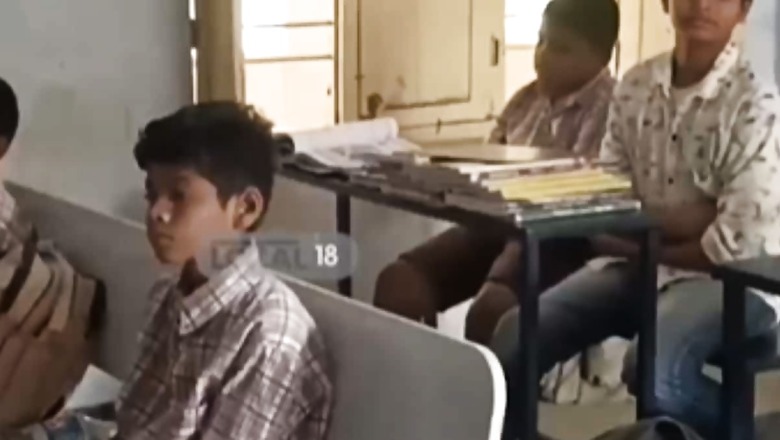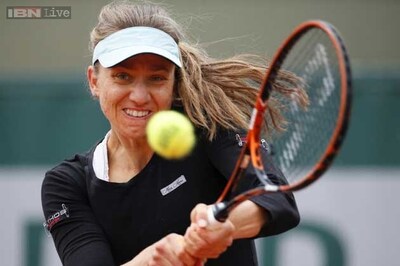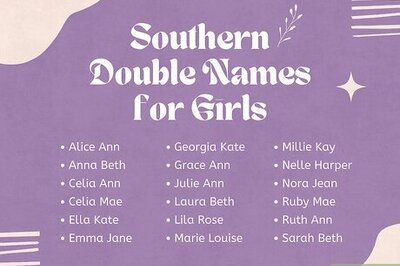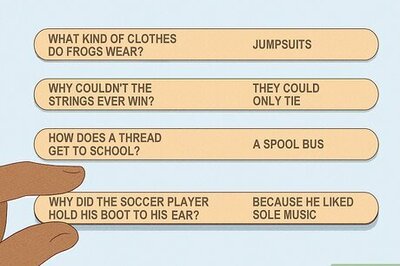
views
The Government schools in Telugu States used to organise innovative teaching methods like learning camps, field trips, games, etc. However, authorities had to halt these methods after the COVID-19 wave. Even private schools used to organise an annual one-day field trip for students. They had to discontinue it due to COVID-19.
However, Maloth Bhadru, a Telugu teacher at Samboyyagudem ZP High School in Bhadradri Kothagudem District, Manuguru Mandal, is actively and directly engaging students, fostering a heightened interest in reading. Bhadru goes beyond the classroom, conducting field-level teaching and travel experiences to provide a firsthand understanding of the curriculum. His efforts have garnered praise from various influential figures in the region.
In addition to that, in the class 8 Kapu bidda curriculum, students were exposed to the cultivation practices in Ramanujavaram, Sambaigudem, and Lanka, showcasing crops like pepper, tobacco, watermelon, and cabbage. Moreover, to highlight the distinctive features of Singareni mines, a hands-on demonstration involved the creation of a direct coal stove, with a practical explanation of the experimental advantages and disadvantages of coal.
Bhadru achieved a 100 per cent pass rate in Telugu at the government school last year. Notably, he rewards tenth-grade students with incentive gifts during exams. News 18 acknowledged Bhadru for his hands-on teaching approach, suggesting that the lessons imparted will leave a lasting impact. Bhadru expressed optimism that students will increasingly embrace experimental education in the future.
Another teacher Bhaithi Durgaiah, a 46-year-old writer from Ramunipatla village in Siddipet district, has served as a school assistant (Hindi) for 22 years, dedicating the last eight years to teaching Hindi at ZPHS Jakkapur. In 2018, he inspired students from Class VI to X to write Telugu stories, resulting in six stories published in ‘Teeyani Palakarimpu’ by Bala Sahitya Parishad. March 2019 saw the publication of ‘Jakkapur Badi Pillala Kathalu,’ containing 30 stories; its second edition sold over 1,500 copies. With the support of Siddipet’s Mandal education officers, these books were distributed to 50-60 schools, showcasing the creativity of young minds.


















Comments
0 comment